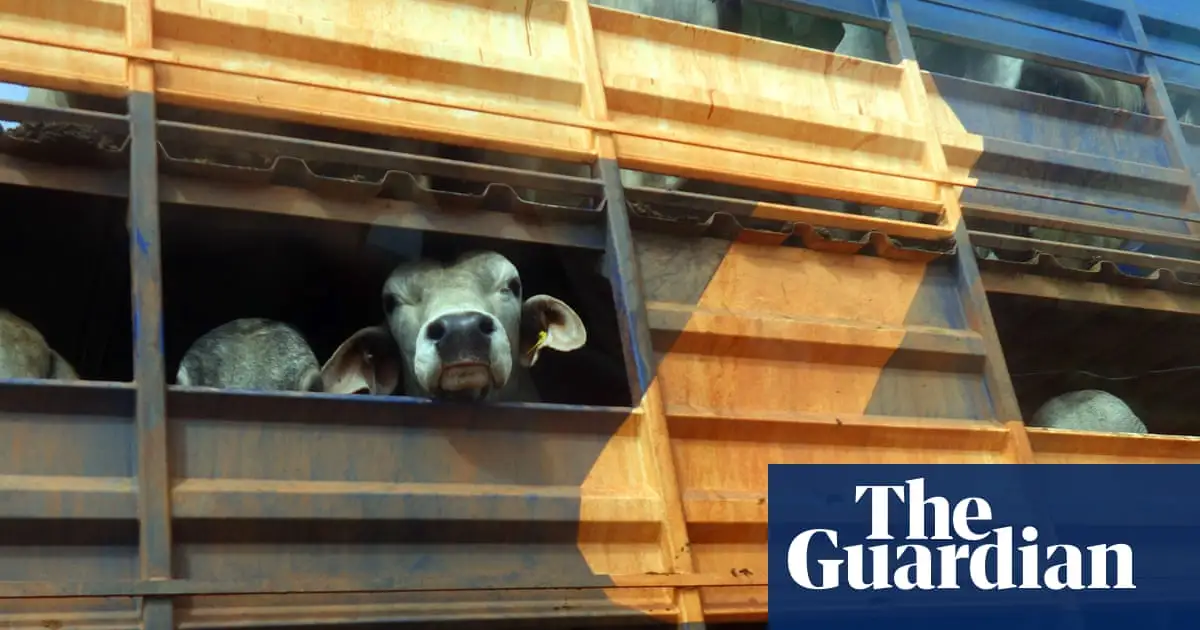cross-posted from: https://lemmy.world/post/11740609
Prof Mark Howden, the director of the Australian National University Institute for Climate, Energy and Disaster Solutions, said the sector’s net zero target is “effectively not possible”.
“It’s pretty well embedded in the public consciousness that red meat is high profile in terms of greenhouse gas emissions per serve,” Howden said.
“I suspect the industry saw this as a fundamental threat to their future … A few years ago everybody was kind of jumping on the net zero bandwagon without actually thinking through what it actually meant,” he said.
The CSIRO found the industry would fall short of meeting its net zero target, and instead recommended the adoption of a “climate-neutral” target that would require a reduction of methane emissions rather their complete elimination.



I didn’t read that whole article, just what you linked and a bit further. I’m inclined to be suspicious of what is said based on this very badly researched section:
Those “barren wastelands” were not seen as such to the peoples who lived there for millennia. It’s really only those who adhere to the concept of full enclosure and maximum profit who see these regions as barren wastelands rather than productive, self-sustaining environments.
I don’t know about other regions, but a great many of the shops in the far north of Canada get their stock once a year during the ice-free season and by air, both horrifically expensive undertakings compared to stocking the shelves of a local supermarket in a major city farther south.
It’s true that there is little or nothing in the way of agriculture in the region, but that only means a carnivorous diet is literally the only affordable way to survive, internet or not.
I get that the real rant is logically only supportable in reference to large scale animal agriculture, but let’s not pretend that it’s possible to have an affordable, healthy, vegetarian diet without industrial plant agriculture and large scale transportation networks, possibly global in nature. Both come with a myriad of their own ethical and environmental problems.